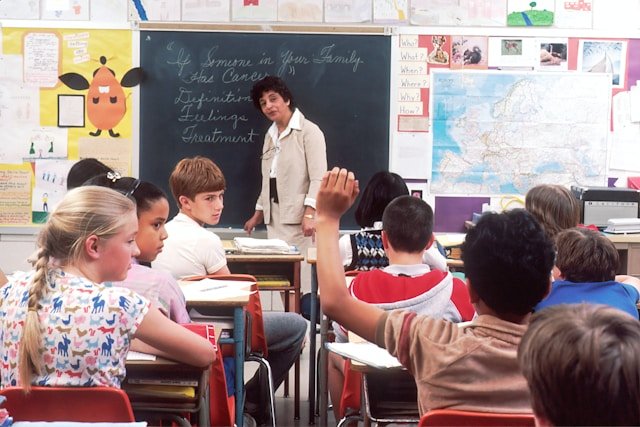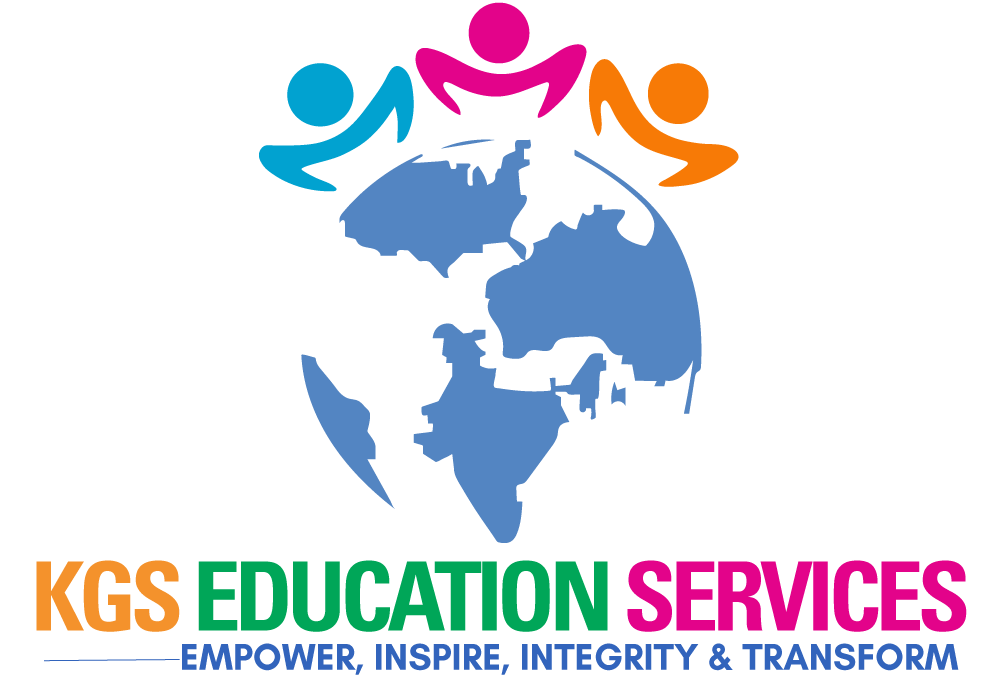Introduction:
Cultural exchange programs offer invaluable opportunities for educators to broaden their perspectives, enhance their teaching practices, and foster global understanding within educational settings. By participating in these programs, educators can immerse themselves in diverse cultures, exchange ideas with colleagues from around the world, and gain new insights that enrich their professional development. In this article, we’ll explore the numerous benefits that cultural exchange programs offer to educators and the broader educational community.

- Exposure to Different Teaching Methods and Pedagogies:
- Educators participating in cultural exchange programs have the opportunity to observe and learn from teaching methods and pedagogies used in different countries.
- Experiencing alternative approaches to education can inspire innovative teaching practices and help educators adapt their methods to better meet the needs of diverse learners.
- Enhanced Cultural Competence and Global Awareness:
- Immersing oneself in a different cultural context fosters greater cultural competence and sensitivity among educators.
- Exposure to diverse perspectives and experiences promotes global awareness and empathy, enabling educators to better understand and connect with students from diverse backgrounds.
- Professional Development and Networking Opportunities:
- Cultural exchange programs provide educators with access to professional development workshops, seminars, and conferences led by experts in the field.
- Networking with educators from around the world fosters collaboration, idea sharing, and the exchange of best practices, enriching educators’ professional growth.
- Enriched Curriculum Development:
- Cultural exchange experiences inspire educators to infuse their curriculum with diverse perspectives, global themes, and multicultural content.
- Integrating global perspectives into the curriculum helps students develop critical thinking skills, cultural awareness, and a deeper understanding of the interconnected world.
- Promotion of Language Learning and Multilingualism:
- Participating in cultural exchange programs often involves immersion in a foreign language environment, providing educators with opportunities to improve their language proficiency.
- Exposure to different languages and cultures promotes multilingualism and encourages educators to incorporate language learning opportunities into their teaching practice.
- Bridging Cultural Divides and Fostering Intercultural Understanding:
- Cultural exchange programs promote intercultural dialogue and understanding, breaking down stereotypes and fostering mutual respect and appreciation.
- By building bridges between cultures, educators play a vital role in promoting peace, tolerance, and cooperation in an increasingly interconnected world.
- Personal Growth and Enriching Experiences:
- Beyond professional development, cultural exchange programs offer educators transformative personal growth experiences.
- Immersing oneself in a new culture challenges preconceptions, expands horizons, and fosters resilience, adaptability, and open-mindedness.
Conclusion:
Cultural exchange programs offer educators unparalleled opportunities for professional development, personal growth, and global engagement. By embracing cultural exchange, educators enrich their teaching practice, promote diversity and inclusion, and inspire students to become responsible global citizens. As agents of change in education, educators who participate in cultural exchange programs contribute to creating more inclusive, equitable, and interconnected learning communities.



